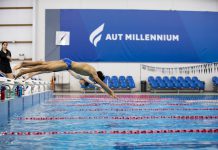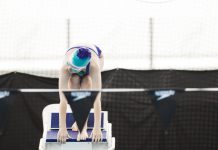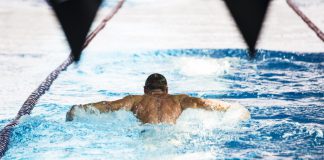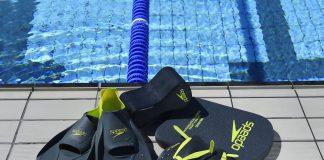Deep Water Running is upright paddling in water too deep to touch the bottom, while wearing a floatation belt to help you remain buoyant. If you haven’t tried it yet, you’d be forgiven for thinking it’s very easy and exclusively for the elderly or heavily pregnant. But this unique form of exercise can be extremely challenging given the right approach, and should be utilised by so many more people. The resistance generated from moving in water creates a unique environment where you can challenge your muscles and cardiovascular system, all the while eliminating the impact on your joints.
It’s no surprise, therefore, that it is a favourite for physiotherapists, sports doctors and orthopaedic surgeons alike in the management of many of our patients. Here are some conditions and situations where you should seriously consider this mode of exercise:
Post-operative
Once your wounds have healed and risk of infection is gone, the pool is a fantastic place to start moving without aggravating your condition. This is particularly true for lower limb operations to the ankle, knee and hip, and spinal operations – particularly to the lower back. Upper limb injuries can also participate but further along their recovery process.
Post-fracture
This might be one of the first and only things you can do once your specialist has cleared you for rehab after a fracture, and in some situations, you can do it even in the acute stages after the injury. This is not true for upper limb fractures, but certainly for those of the lower limb and spine.
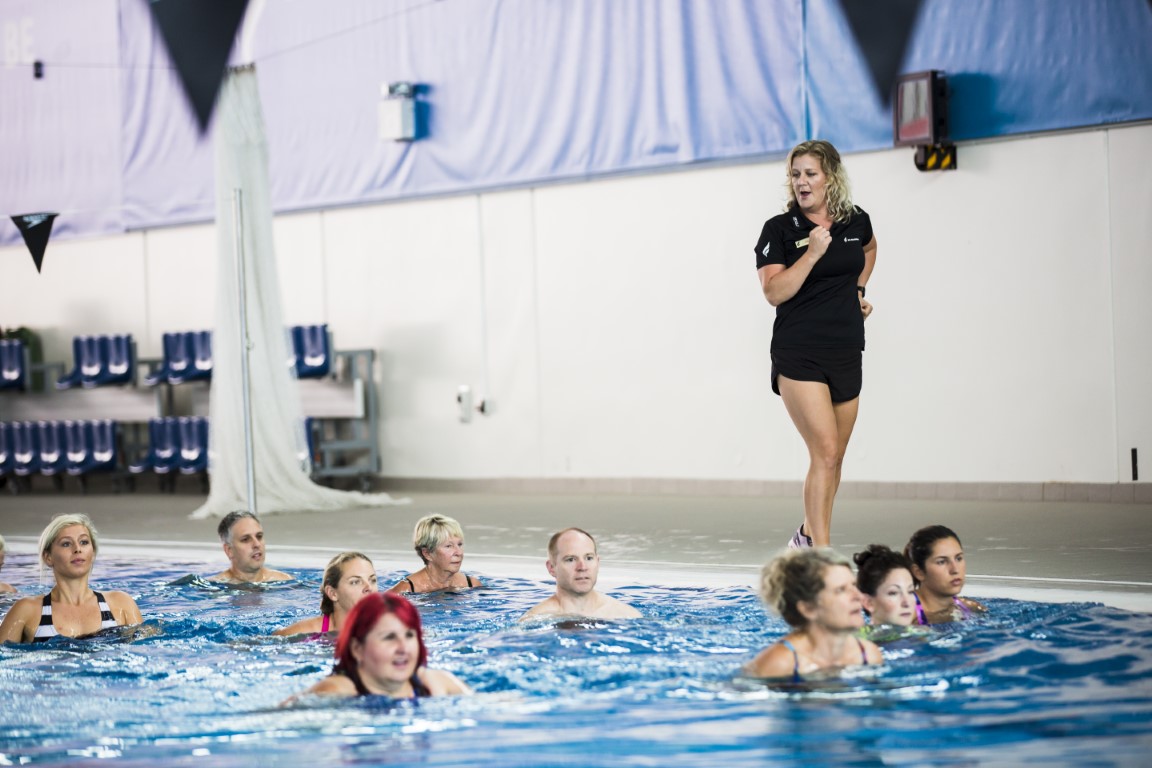
Acute injuries – particularly spinal and lower limb
After suffering from a significant back injury, particularly to the lumbar and thoracic region, a lot of people cannot engage in their normal sport or exercise due to pain. The pool tends to be the exception, as the buoyancy unloads the spine but the swift movement through the water engages their core muscles. The pool can provide a much needed break from the stationary bike for our patients with acute injuries to their feet, knees and hips. My regular feedback from injured athletes is their joy at being able to do something that “makes them puffed” for the first time in a long time, without hurting them in the process.
“Prehabilitation” – preparation for an operation
If you are scheduled for surgery, engaging in exercise beforehand that doesn’t aggravate your condition can improve your recovery and post-operative outcomes. If you are unable to engage in your usual form of exercise, the pool can be a great place to get yourself as fit and strong as possible before your operation.
If you think Deep Water Running might be for you, come and see one of the team at Healthzone Physiotherapy. While it is excellent for a wide array of people and conditions, there are some people who should avoid it, or get some one-on-one sessions before doing it by themselves. Once you are well established and loving it, our very own Kiri Price runs Deep Water Running classes at the National Aquatic Centre. She provides varying levels of difficulty for novices to athletes, and she has taken the team at Healthzone Physio for a session before so we can testify to how excellent (and difficult) it is.
Contact HealthZone Physiotherapy today on (09) 477 2098













